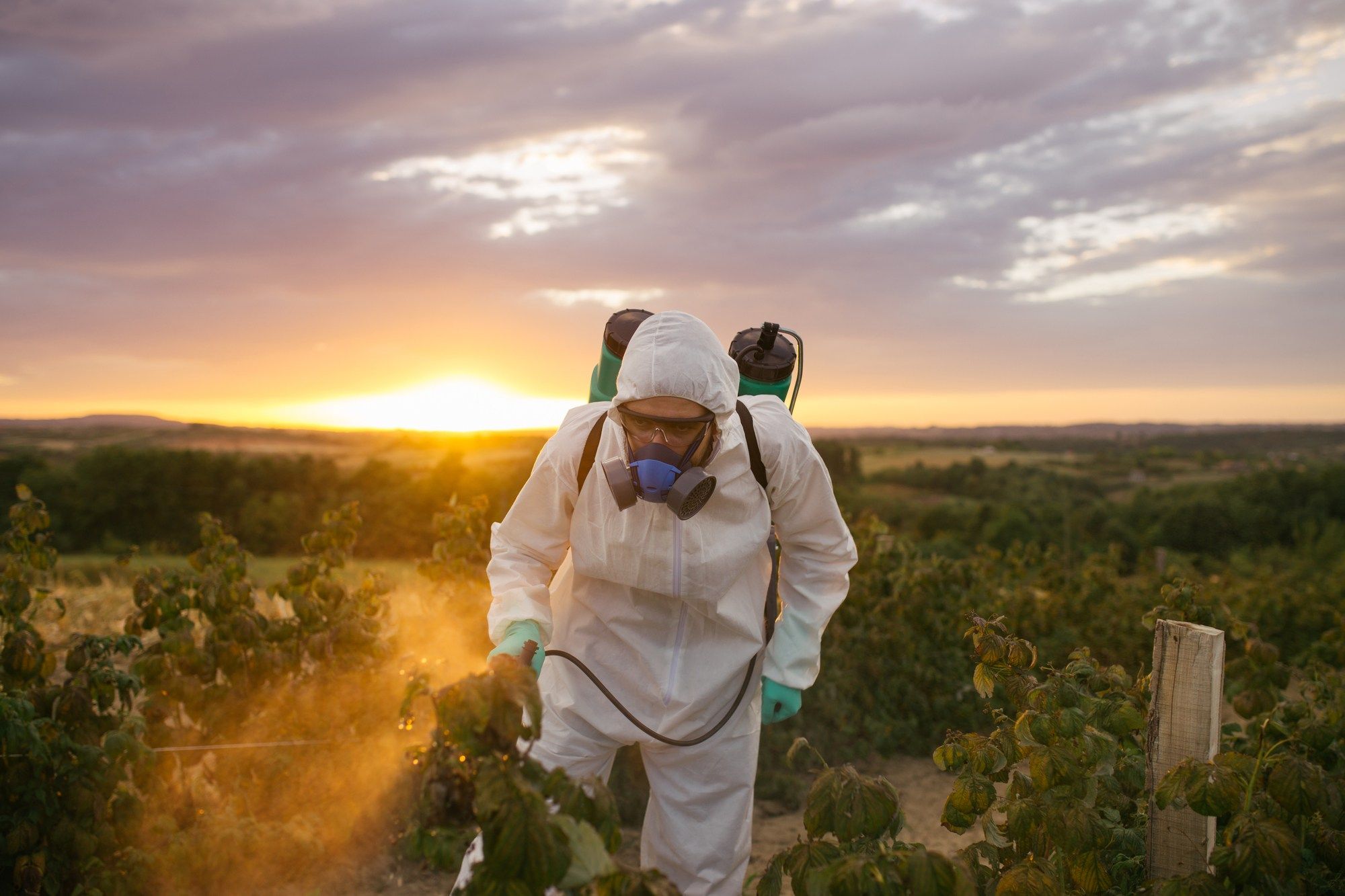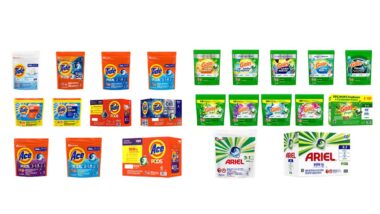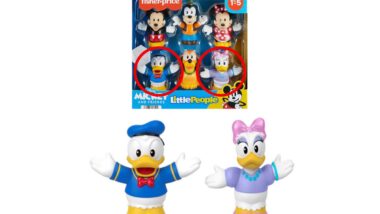Top Class Actions’s website and social media posts use affiliate links. If you make a purchase using such links, we may receive a commission, but it will not result in any additional charges to you. Please review our Affiliate Link Disclosure for more information.
Farmers and gardeners have been using Roundup to control weeds for about four decades. Recently, Roundup has been in the spotlight for thousands of lawsuits filed against the owner, Bayer, for damages owed to cancer victims.
Monsanto, the herbicide’s inventor, has been the target of a number of civil suits in the U.S. and Monsanto has been ordered to pay big money to cancer survivors. Three high-profile lawsuits in California have ruled against Roundup, to the tune of billions in damages. Presently, there are over 18,000 plaintiffs who have brought lawsuits against Monsanto for cancer they allege is due to Roundup.
So, what is Roundup exactly, and is Roundup safe to use?
What is Roundup?
Roundup is a globally popular herbicide that was created in 1974. The brand name pesticide’s main ingredient is glyphosate. In 2000, Monsanto’s glyphosate patent came to an end, so other companies began making glyphosate-based products similar to Roundup. This created a boom in products containing glyphosate, with up to 750 items on the market in 2015 in the United States.
Monsanto is the pesticide’s creator, but in 2018, Roundup was bought by Bayer for $63 billion. The triggering name “Monsanto” has been slowly replaced with Bayer’s name. Bayer is still marketing and selling Roundup. Roundup is reportedly sold in 130 countries and is endorsed for use on 100 different kinds of crops.
Glyphosate-based products are widely used in household gardens. In fact, they are the second most used in the world. Glyphosate is not a selective herbicide, meaning it will kill nearly any weed that gets sprayed by the product. Glyphosate works by being absorbed through the plants’ leaves and making its way down to the roots. Shikimic acid, a plant protein, is prevented from functioning normally, so the plant does not continue to grow. Without making shikimic acid, weeds will meet their demise in a few days.
Glyphosate is mixed with other chemicals that cause it to adhere to weeds and soil. This keeps the chemical from damaging other crops. Glyphosate-based products come in liquid and solid forms, including salts.
Is Roundup Safe?
Roundup is the target of a lot of controversy over its safety. Some gardeners may not want to use the herbicide after the plethora of lawsuits that have been filed. However, many gardeners say there are still reasons to use Roundup. Roundup is helpful in many ways. Herbicides kill pesky weeds, poisonous plants, and hardy vines without laborious work.
Knowing whether or not Roundup is safe is up for debate. Roundup should be used carefully to avoid exposure. It is important to wash your hands after spraying Roundup because exposure can happen if you eat or touch your mouth or eyes after use.
Glyphosate in its purest form is low in toxicity, but Roundup has other chemicals in it to help the glyphosate to stick to plants. The other chemicals in Roundup can be toxic and cause irritation on the skin or in the eyes. If Roundup is inhaled after spraying, the nose and throat may get irritated. Swallowing Roundup can result in burns in the mouth or throat, nausea, vomiting, diarrhea, and increased saliva production. Some deaths have been reported when people have intentionally consumed Roundup.
Is Roundup Safe for Pets?
Pets should be kept away from Roundup and away from plants that have been sprayed with Roundup until the product dries. Pets are at risk for exposure symptoms if they come in contact with or eat plants that have been sprayed with Roundup. If pets are exposed, they may exhibit symptoms like loss of appetite, sleepiness, diarrhea, vomiting, and drooling.
Is Roundup Carcinogenic?
Exposure or consumption of Roundup can cause burns, irritation, vomiting, and more, but the big question is, “is Roundup carcinogenic?”
In 2015, it was reported by the International Agency for Research and Cancer (IARC) that glyphosate is “probably carcinogenic to humans.” University of Washington’s researchers examined data and deduced that Roundup might be responsible for increasing the risk of non-Hodgkin’s lymphoma by 41%.
However, Monsanto insists that Roundup is safe, and the Environmental Protection Agency has backed up Monsanto’s conclusion. Other agencies in Europe and Canada have also come to similar conclusions. The Environmental Protection Agency and the European Food Safety Authority, both surmise that glyphosate is most likely not responsible for causing cancer.
Another study by the National Cancer Institute and others showed connections between some cancers and pesticides, but no evidence was found against glyphosate specifically.
Studies have shown the IARC that there is enough evidence to suggest that glyphosate can damage cellular DNA, which is the culprit for the beginning stages of cancer. Some studies done with mice showed that when mice were fed glyphosate they developed tumors.
Is Roundup Banned in Canada?
Many countries have banned glyphosate, so is Roundup banned in Canada? There are restrictions in place for Roundup use in Canada. Presently, eight Candian provinces have restrictions on pesticides, and that includes glyphosate-based products. Public and private use of glyphosate is illegal in Vancouver, except for circumstances where the product is used to treat invasive plants. New Brunswick announced in June 2019 that there would be a reduction of glyphosate spraying. Quebec has stopped glyphosate use in forest control. More regulations may follow.
Should You Stop Using the Herbicide?
There seems to be a great number of conflicting studies and opinions over whether or not people are putting themselves and others at risk when using Roundup. Some say the herbicide is poisonous and potentially cancer-causing, while other agencies say it is safe.
The safest bet would be to stop using chemicals in your garden, however, the choice is left up to the individual, unless you live in one of the only two provinces in Canada that allow you to freely use Roundup.
There are many safer alternatives to chemically spraying gardens. Instead of choosing Roundup, gardeners and farmers can choose organic herbicides, solarization, flame weeders, or good old-fashioned weeding tools.
Do YOU have a legal claim? Fill out the form on this page now for a free, immediate, and confidential case evaluation. The Canadian lawyers who work with Top Class Actions will contact you if you qualify to let you know if an individual Roundup glyphosate cancer lawsuit or Roundup class action lawsuit is best for you. [In general, Roundup lawsuits are filed individually by each plaintiff and are not class actions.] Hurry — statutes of limitations may apply.
ATTORNEY ADVERTISING
Top Class Actions is a Proud Member of the American Bar Association
LEGAL INFORMATION IS NOT LEGAL ADVICE
Top Class Actions Legal Statement
©2008 – 2024 Top Class Actions® LLC
Various Trademarks held by their respective owners
This website is not intended for viewing or usage by European Union citizens.
Get Help – It’s Free
Join a Free Canada Roundup Class Action Lawsuit Investigation
U.S. citizens, click here for the U.S. Roundup Cancer Investigation.
If you qualify, an attorney will contact you to discuss the details of your potential case at no charge to you.
PLEASE NOTE: If you want to participate in this investigation, it is imperative that you reply to the law firm if they call or email you.














